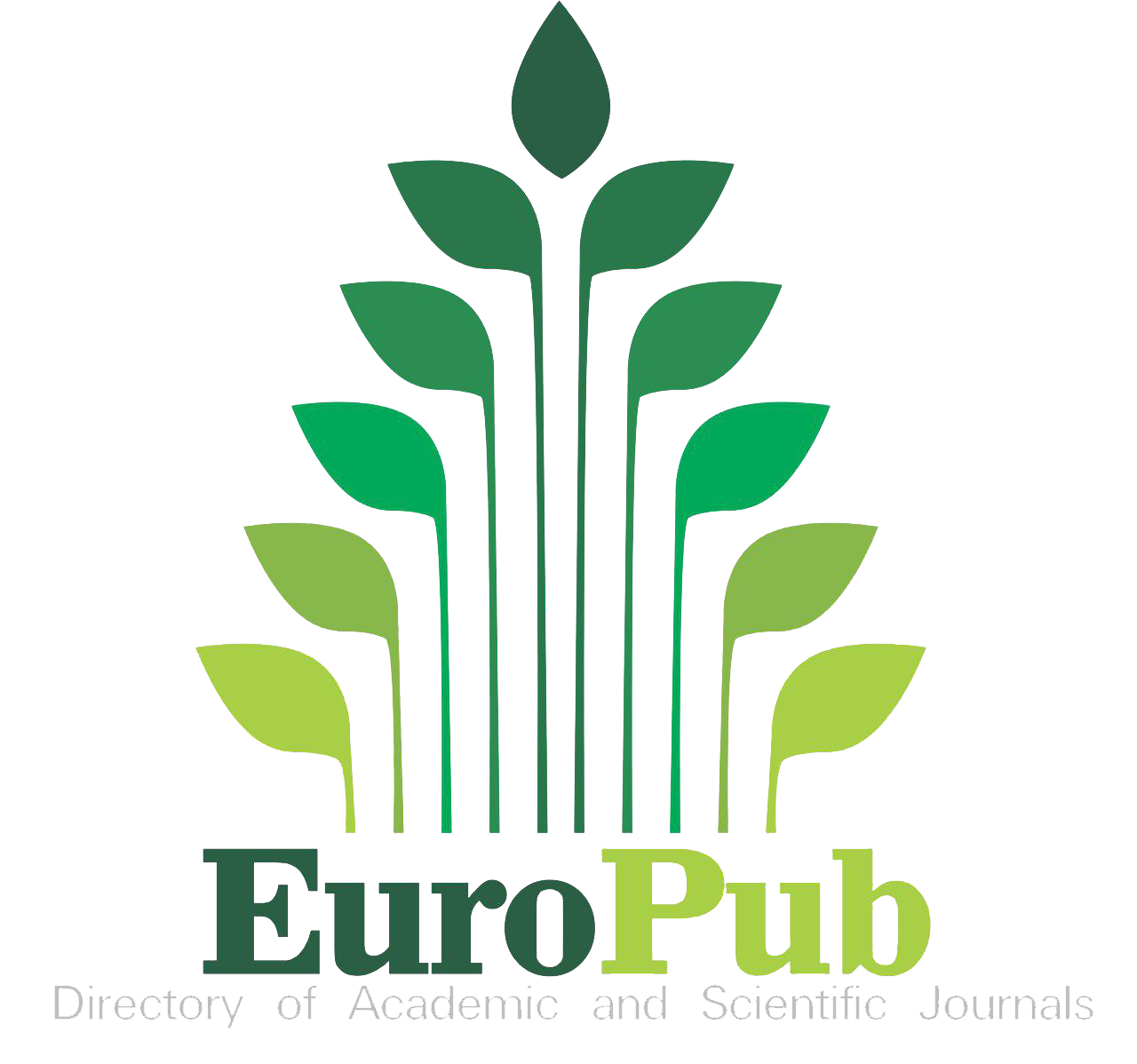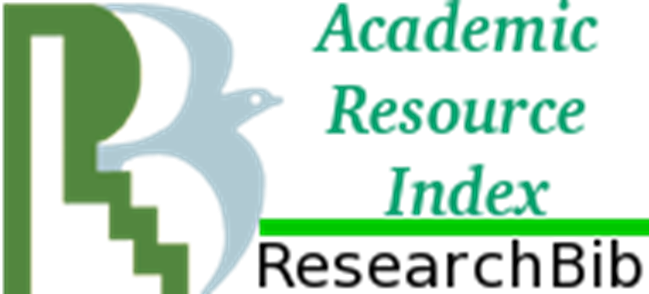Re-humanising Language Policy and Planning Research: Methodological Perspectives from the Global South
Keywords:
language policy and planning research, Global South perspectives, actors and agency, online interviews, critical reflectionAbstract
Research on language policy and planning (LPP) of international organisations has predominantly focused on the United Nations and the European Union, while the context of ASEAN is otherwise overlooked due to a perceived lacklustre interest in analysing discourses and phenomena in the Global South. This paper firstly explicates the rationale for research on ASEAN and the Southeast Asian region and argues for a case for rethinking the supranational-LPP of ASEAN. Drawing on theoretical concepts on actors and agency in language planning, the paper discusses an innovative methodological approach in LPP research– engaging with scholars (sociolinguists) in imagining LPP possibilities of ASEAN. The paper fundamentally gives credence to the hitherto underutilised and undervalued agentic ‘voices’ of scholars as ‘people with expertise’ in LPP, in an attempt at ‘re-humanising’ LPP research in the Global South. This paper therefore brings to the forefront the critical role of (socio)linguists with expert knowledge in language planning processes and re-emphasises the agency of LPP scholars as linguistic experts in supranational LPP. While the research methodology is grounded in solid theoretical foundations, offering refreshing contributions to LPP scholarship, the data collection process proved to be challenging due mainly to a need for Covid-related adjustments, i.e., towards online interviews. The pandemic has, inadvertently, performed the role of a ‘catalyst’ which expedites a transition towards online/virtual data gathering methods. Reflecting on the researcher’s experience in data collection, this paper elucidates the advantages and challenges of conducting online interviews, as well as proposes useful strategies employed while collecting data during pandemic times.









 c/o Secretary: Dr. Zarina Othman,
c/o Secretary: Dr. Zarina Othman,